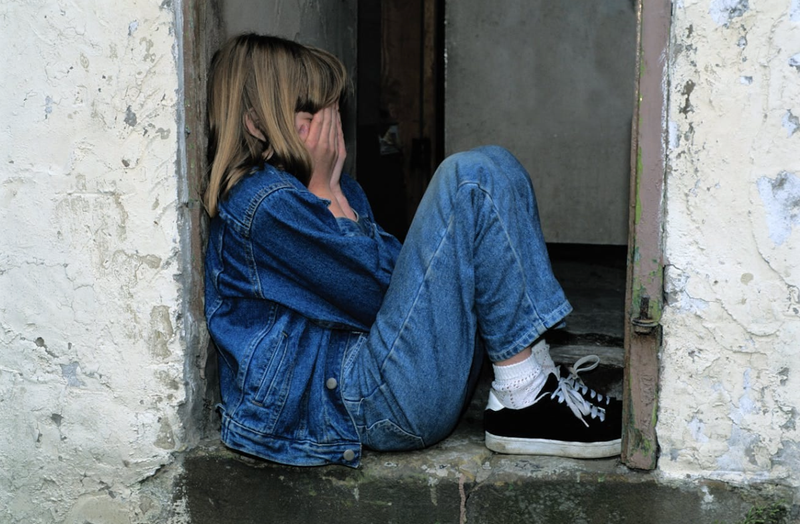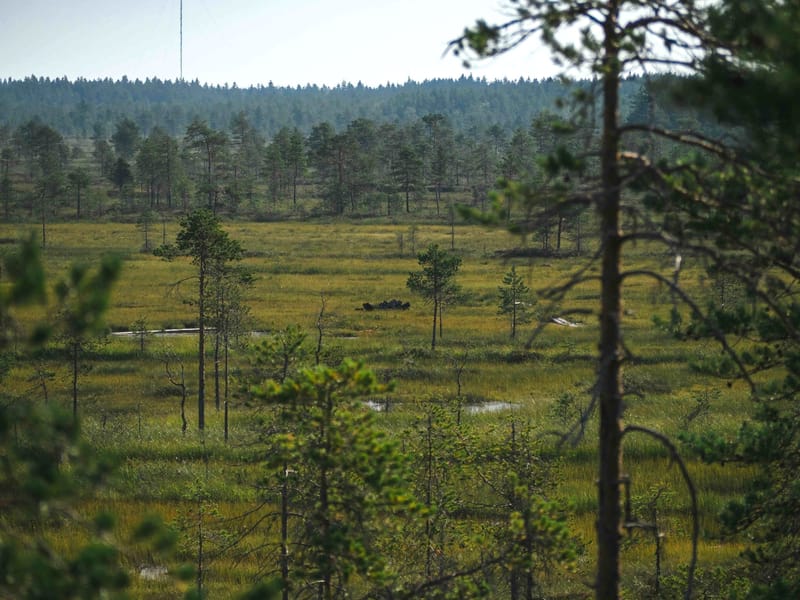Neglecting environmental responsibility is no longer good business
Ville Niinistö spoke at the Green Party Council about combining the green transition with competitiveness in Europe and emphasised investors' desire for sustainable investments. About Russia he stated that it is important that Finland remains a strong democracy internally.

MEP Ville Niinistö spoke at the Green Party Council in Turku about the current trend in Europe of combining the green transition with competitiveness, and at the same time, commented on recent cases of the forestry industry in Finland neglecting nature conservation.
According to Niinistö, it is clear that international investors want to focus their money on sustainable targets.
"The main message I have heard in the European Parliament from international investors is that they want to put their money into environmentally sustainable investments. With the climate crisis and biodiversity loss, this is not only responsible but also the safest in terms of profitability, as the global economy is rapidly moving towards carbon-neutral and environmentally sustainable solutions. Here in Finland, the forestry industry is seriously damaging itself because it does not recognise this. Talk of the bio economy as a solution to the climate crisis can only be credible if the sector's impacts on nature and carbon sinks are significantly more positive. Otherwise, the forestry sector will see the problem as a cost in its balance sheet," Niinistö emphasised.
In his speech, Niinistö explained how freshwater pearl mussels (in Finnish Raakku) are a good example of nature's sensitivity and why biodiversity must be protected.
"These animals, which live for hundreds of years, are a key species in diverse river ecosystems. They filter water, keeping it clean for other species, but they cannot survive without migratory fish and a clean habitat. Pearl mussel habitats are precisely such key areas in Finland that the EU’s nature restoration law has highlighted for restoration. t. That is why the neglect by forestry is so painful: the industry still pollutes and damages waterways in Finland, and it cannot have such a right. Discharges into waterways from forestry are an example of how responsibility for nature is not about interfering with landowners' rights, but rather addressing threats to our shared national natural capital and even damage to other landowners' property,"" Niinistö said.
According to Niinistö, the pearl mussel case is but one example of a bigger problem.
"It is downright barbaric for these forestry operators to ignore the protection of the wild because of short-term greed. This is not just a crime but also a broader issue: those in the industry do not sufficiently value nature conservation if recommendations and laws are not implemented, whether due to negligence or deliberate actions That is why the laws must also be tightened: buffer zones must be introduced into law and monitoring intensified," Niinistö summed up.
In his speech, Ville Niinistö from Southwest Finland also tackled a topic that is often discussed in Turku: eutrophication of the Archipelago Sea and water protection.
"In this respect, Prime Minister Orpo’s government has betrayed the election promises of the National Coalition Party: that the government will oppose the nature restoration law, even though it will support water protection. Funding for water protection has been cut by a third, even though the special programme for the Archipelago Sea is trying to win popularity points. The protection of the Archipelago Sea requires comprehensive investment in cutting nutrient discharges from agriculture and sufficient funding for the restoration of sensitive coastal waters and rivers. Buffer zones, nutrient-binding farming methods and obligations for wetland protection are also needed in the law for areas with high agricultural loads – in exchange for adequate compensation. We have not seen this commitment from the government," Niinistö said.
"It is important that Finland remains a strong democracy"
As his second theme, Ville Niinistö brought up the future of Russia. Niinistö is about to start his work as the chair of the European Parliament's Russia delegation.
"We now live in a world where the authoritarian governance model systematically confronts democracy. Putin's war policy and invasion of Ukraine has challenged the future of European democracy as a whole and the Russian war economy is now in full swing. Ukraine must be supported in every possible way and Russia's economic isolation must be deepened to remove the shadow of war from the future," Niinistö stressed.
According to Niinistö, Finland must remain a strong democracy internally, as there is no foreseeable situation where Finland’s relationship with Russia could return to normal.
“The Russian elite widely shares Putin's imperial thinking: I don't see a future where the Russian political elite's understanding of their own position in the world respects the full sovereignty of the neighbouring states and their right to make their own decisions. The position of the Russian opposition and democratic forces must be supported and their voices must be heard in Europe. The deplorable state of human rights and the rule of law within Russia must be highlighted in order to have an alternative future for Russia. Yet, at the same time, Putin's grip on Russia has only tightened. There is no prospect of a future in which relations with our eastern neighbour, Russia, can return to normal and good neighbourly relationship," Ville Niinistö warned.
Original article in Finnish: Ympäristövastuuta laiminlyömällä ei enää tehdä bisnestä
Translated by Green Sisu





